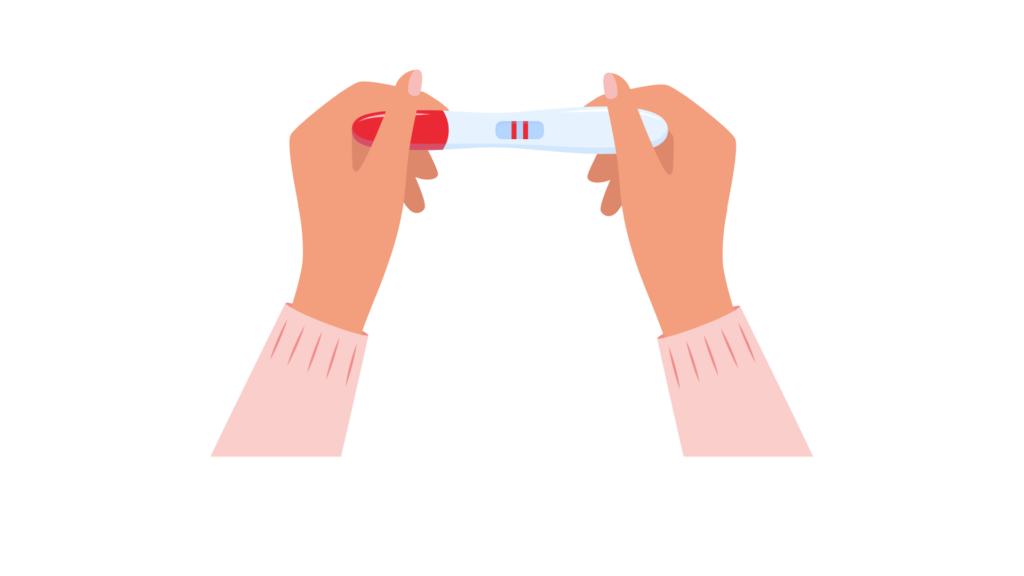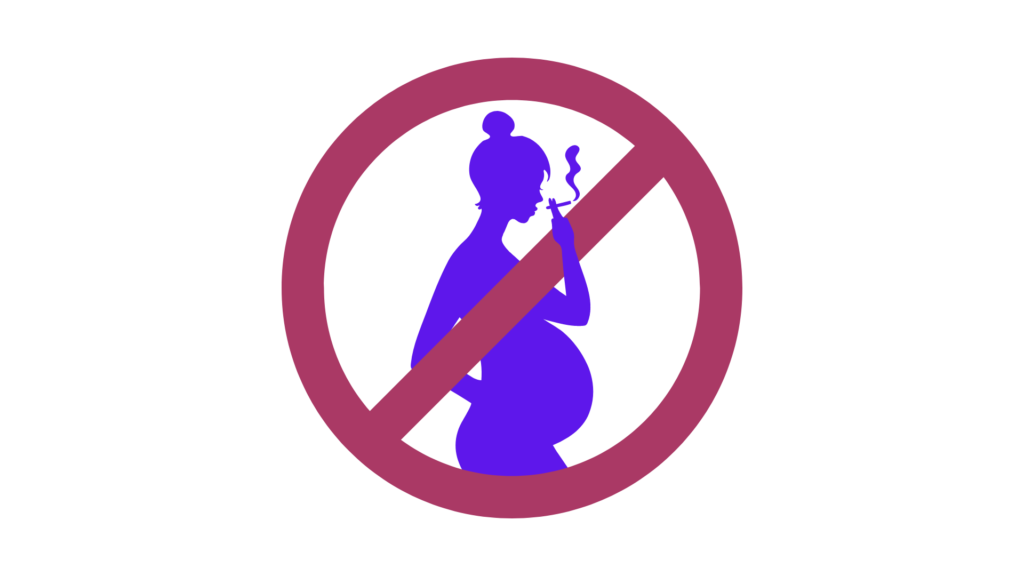
How to Get Pregnant?
Published : 18/03/2024
Last updated: 14/07/2024
Preparing Your Mind
Before you try to conceive, it is essential that you get your mind and body ready to carry a child. Because hormonal changes, stress, and anxiety can affect your mental health and influence your pregnancy.
By now, choose your doctor for regular checkups and delivery, considering the doctor’s availability and transportation options. Additionally, managing stress and anxiety is crucial at this stage. Allocate time to visit a mental health provider if you have other mental health concerns.
Healthy Food Habits
To ensure the best start for your baby, it’s beneficial to start with a healthy diet even before trying to get pregnant. Aim for a balanced diet rich in fresh fruits and vegetables while reducing processed and fast foods. It’s also helpful to moderate your carbohydrate intake.
Make sure your diet includes:
Fruit and vegetables – Remember, the colorful the fruit or veggie, the nutritious it is!
Protein – you can get the protein you need from meat, fish, eggs, pulses and beans.
Milk and milk products – these contain lots of calcium, which is important for bone development.
Fat – try to get your fat intake from vegetable sources like olive oil, or oily fish like salmon.
The Magic of Folic Acid
Do you know? You can start folic acid even before (preferable 3 month) when you are planning of getting pregnant! It actually helps to conceive and decrease the chance of miscarriage.
Besides, it helps to reduce the risk of birth and helps prevent neural tube defects, including brain and spine defects in your baby. It also helps to lower your chances of gestational diabetes and preterm labor.
Doctors recommend to take 400 to 600 micrograms of folic acid daily from all sources, including your prenatal vitamin and folate-rich foods. It is important to continue supplements intake, as it is very difficult to get the required amount of folic acid through diet alone.
Making sure you have all the vaccines
Hepatitis B vaccine- The hepatitis B vaccine is recommended for pregnant people who are at risk for acquiring hepatitis B during pregnancy. The vaccine is safe for pregnant women and won’t harm the baby.
MMR Vaccine- MMR (Measles, Mumps, Rubella) vaccination will protect you and your baby. Rubella is rare, but it can be very dangerous to a baby’s development, especially during the early stages of pregnancy.
If you have not been vaccinated or are unsure whether you have been vaccinated, make an appointment to get vaccinated. Even if you had them before, getting them again is not harmful.
Remember, you cannot take this vaccine during pregnancy. After taking the vaccine, you have to wait at least one month to get pregnant.
How Iron intake prevents Anemia
Iron deficiency and anemia during pregnancy is also associated with having a low birth weight baby and postpartum depression. The iron requirement for an average pregnant body is approximately 1,000 mg.
Throughout pregnancy, iron deficiency adversely affects the maternal and fetal well-being. And it is also linked to increased morbidity and fetal death.
The Sunshine Vitamin
It is a vital element for our body but nowadays the deficiency of it is like a worldwide problem. The body cannot make sufficient vitamin D from sunlight alone, which is why a supplement is recommended. All pregnant women should take 10 microgram (or 400 IU) supplement of vitamin D each day.
Vitamin D deficiency has been found to be associated with an increased risk of pre-eclampsia, gestational diabetes, preterm birth and other tissue-specific conditions.
Exercise!
Getting in shape before pregnancy sets you up for success. Being fit beforehand makes it easier to stay active during pregnancy. Exercise boosts your mood, energy and reduces stress. It can help you conceive.
The Weight Factor
Staying fit and maintaining a healthy weight increases your chances of getting pregnant, so aim for your ideal weight before trying. The right weight for getting pregnant varies based on your height, which is determined by your body mass index (BMI).
BMI is calculated from your height and weight. A healthy BMI falls between 18.5 and 24.9. If your BMI is between 25 and 29, you’re considered overweight, and a BMI over 30 means you’re obese.
Most women should gain somewhere between 25 and 35 pounds (11.5 to 16 kilograms) during pregnancy. So get in your ideal weight before getting pregnant and never try to lose weight during your pregnancy.
Limiting your caffeine intake
The researchers observed that caffeine is thought to narrow the blood vessels in the uterus and placenta. This narrowing could potentially decrease the blood supply to the fetus and hinder its growth.
So restrict you caffeine intake gradually. The recommended intake quantity is 200 mg/day. So avoid those foods having high caffeine – Coffee, Tea, Soda, Chocolate, Energy drinks, Supplements.
Quitting Habits
It’s important to steer clear of smoking, drugs, and alcohol when you’re trying to get pregnant and during pregnancy.
If you smoke or use drugs, quitting them increases your chances of having a healthy pregnancy and baby.
Drinking alcohol during pregnancy can seriously harm your baby’s health. It’s recommended not to drink any alcohol if you’re pregnant or planning to be.
If your partner smokes, drinks, or uses drugs, it’s important for them to cut down or ideally stop altogether while you’re trying to conceive. Besides, affecting you and your baby, these substances can also harm sperm quality.
Know the right time for sex
Did you know that half of couples may be trying to have a baby at the wrong time?
There are only a few days each month when a woman can get pregnant – usually around ovulation, when an egg is released. Having intercourse on or just before ovulation gives you the best chance of getting pregnant.
You might have heard that the average menstrual cycle is 28 days and that ovulation happens on day 14. But these are just averages and many women have cycles that are shorter or longer.
Using an ovulation test can help you figure out when you personally ovulate, instead of relying on a guess based on averages.
A Gentle Nudge from Mammas Journey
It is the perfect time to shape your life. You are about to experience a life changing journey. To reach toward that milestone, controlling diseases like diabetes, blood pressure, high cholesterol etcetera are prior condition. Start working on it, if you haven’t already!
It’s advisable to seek guidance from your healthcare provider for personalized recommendations or prescriptions. Don’t quit or intake OTC medicines without your their consultation.
Get your partner on board! Encourage them to stay active and get ready for the exciting journey. You both have to cut down on alcohol, quit smoking and eat well.
Mammas Journey wishes you all the luck in the world on your journey to becoming parents! Sending lots of love and positive vibes your way!


